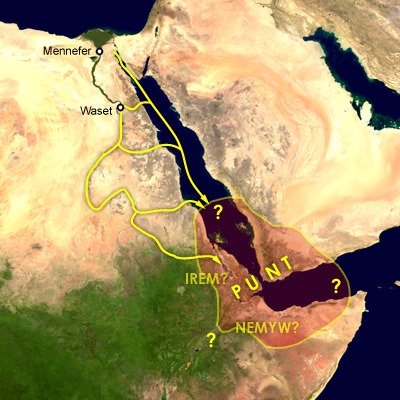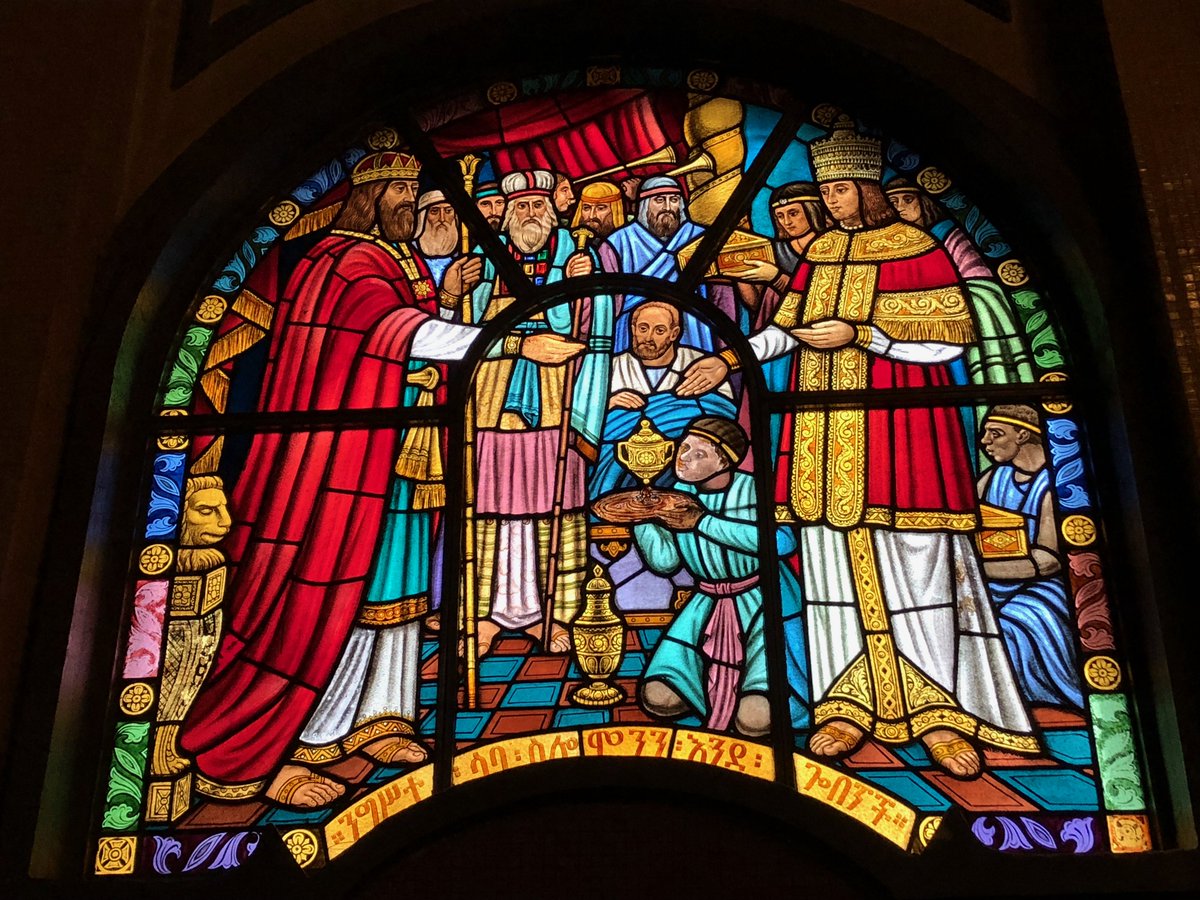2. a) If a person dies quiet a valid will,
b) if the person appointed to benefit from a will dies first & no substitution of heir is made
c) if the person appointed cannot take under a will.
The law focuses on the rights of the surviving spouse and the child if there is no will.
3. 2 major things affect intestate succession and these are date of death and marital status. This is because the current law ONLY affects people who died after 1 Nov 1997 & there are different laws that affect married & single people at death. The type of marriage applies too.
4. If you are married in terms of general law or what was once called ‘-Chapter 37’ & now ‘Chapter 5:11 or are married under ‘Chapter 5:07’ which is a registered customary marriage (muchato wekamudzviti) the Deceased Estates Succession Act applies. It’s only for registered 💍
5. If you are married under an unregistered customary law union (UCLU) which means having the traditional wedding without registration, the Administration of Estates Act applies. I don’t want to labour you with the technicalities but the distinction is very important.
6. Those in registered marriages’ inheritance rights are as follows:
a) The surviving spouse (widow or widower) gets the deceased’s house & household goods. The catch is “in order for a spouse to inherit they must show that they lived at the house immediately at the time of death
7. The connotations of this are many especially looking at the fact that not all couples live together, some are in long distance relationships both locally & internationally. What remains however is that a surviving spouse is entitled to the house and all that is in it.
8. Simply put, the surviving spouse’s share is a priority. When the estate has excess assets after the surviving spouse has received their share then the surviving spouse TOGETHER with the children and in the absence of children relatives, gets a portion of that excess.
9. Inheritance by children is determined by the size of the estate left behind. If the house is the only asset then it should go to the surviving spouse. I suppose the assumption is that a parent will not abandon the children and leave them homeless.
10. Inheriting your spouse’s assets in the case where they die without a will does not consider whether you made any contribution to the acquisition of such property. The right is given & determined by the laws of intestate succession.
11. The aim here is to protect widows and children from property grabbing by relatives. We probably have at least a story to tell when it comes to relatives looting at the funeral or after. Property grabbing is a crime in Zimbabwe. Normalize reporting relatives to the police!
12. A fun fact is that for the purpose of inheritance ‘a child’ means the child born to the deceased regardless of age. A 3 year old minor child & a 45 year old ‘child’ of the deceased have equal rights to inherit from their parent’s estate. T
13. A recurring question is whether children born outside the marriage can inherit. The answer is YES. Inheritance laws are not concerned with whether the child was born to both spouses. They simply need to be a child of the deceased.
😅 kids show up at funerals sometimes.
14. Items of sentimental value - those things we receive from ancestors (e.g tsvimbo etc) are not part of the household goods & effects that the surviving spouse receives.
15. The good news is that even if a person dies without a will, the beneficiaries of the estate can opt for an alternative distribution of the property. You can choose to share the property outside of the provisions of the law.
16. Here you can even choose to sell the house and share the proceeds equally for the ‘equal’ benefit of all heirs. The Master can consent to this alternative division by sale if any heir or a person incapable of consenting.
17. Fun or rather ‘not so fun’ fact is that in early colonial times, the concept of immovable property did not exists in customary law. And sadly in some ways this may be true for people living in the rural areas as they cannot have title over communal land.
18. Back in the day the eldest male would inherit from the deceased’s estate even when the widow was still alive. There was a line of succession made up only of male heirs. Since 1997 the law has changed and all children of the deceased inherit equally.
19. In the event that the deceased was married under customary law, the Administration of Estates Act applies. You know legal jargon is very dramatic. This change in law came to protect widows & children against relatives of the deceased who ‘plunder matrimonial property’ 😅👀
20. Inheritance under customary law is where it gets tricky because this may be a polygamous marriage. Polygamy is legal in Zimbabwe. A man can have as many wives as he wants or rather can. Now what happens when this man dies?
21. In a polygamy, each surviving spouse inherits the house they were living in at the time of the deceased’s death. If wife A was at the rural home while wife B was at the house on Kuwadzana, wife B gets the house. Remember this only applies to properties owned by the deceased.
22. In the event that all the wives lived under 1 roof then they all get joint ownership. But if that is not practical they get the right to use the house as usual via a registered right called a usufruct. This can be done via Deeds Registry or Municipality.
24. If the husband dies & has 1 or more children with 3 wives, 1/3 of the net estate goes to the widows. Out of that 1/3 share; 2/3s goes to the first wife and the other 1/3 is shared among the other 2 wives.
25. If the husband was married customarily but not polygamous meaning he had 1 wife & children at the time of death then the widow gets the house & if that’s not practical for the children she gets the right to live in the house - usufruct.
26. If one of the wives dies & her husband at the time of death was polygamous then then 1/3 of the estate will go to the husband and the remainder will be shared equally between the children born between them. I
27. If the person who dies was not married and had no children then their estate goes to their parents & siblings. It is shared equally between them. Yes beloveds, the siblings & parents get equal shares.
28. If the deceased has no spouse & is survived by their children then the estate is shared in equal shares among the children. NB: the term children includes formally adopted children. They have the same rights as biological children -the distinction should only be scientific!







